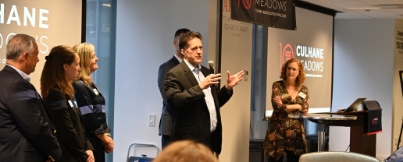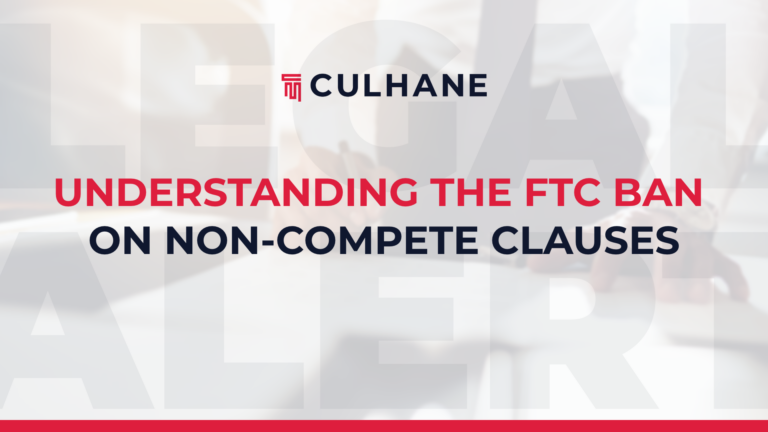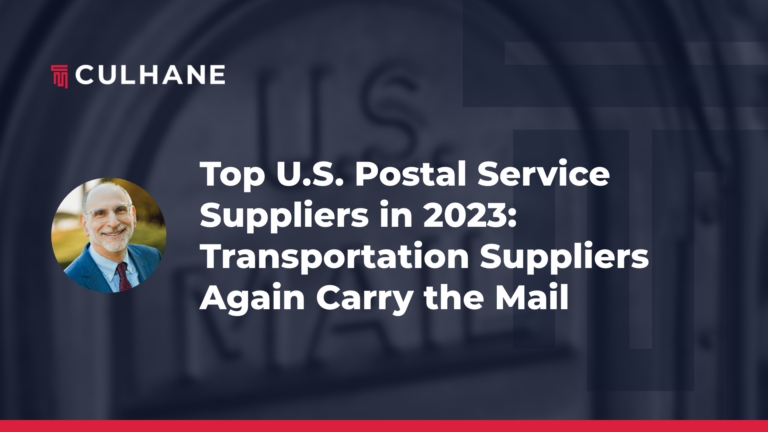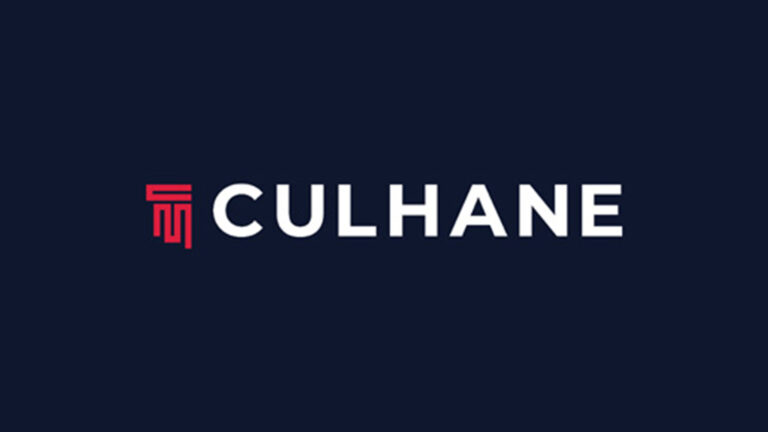In a recent article by Techopedia, Culhane Meadows’ Washington, D.C. office partner Linda Priebe discusses privacy issues with data collection pertaining to the dangers of centralized profiles, transparency and regulation.
Here are some excerpts from Linda’s interview:
To succeed in the new data economy, companies are collecting massive amounts of consumer data. But these collection efforts rarely involve transparent explanations regarding data usage — and that’s a legitimate reason for consumers and privacy advocates to be concerned.
…
“The things that our data straight out says about us — what we buy, what our demographic traits are, who we know, etc. — are not the most concerning part of the problem,” says Dr. Jen Golbeck, an associate professor at the University of Maryland in College Park and director of the Human-Computer Interaction Lab.
What’s more worrying to her is the aggregation and analysis of that data. “Almost all of the information about us can be tied to a centralized profile: our devices, our software, our system configurations, all reveal unique clues that can be mapped to other information that contains real identifiers like email address, name, street address, etc.,” Golbeck says.
“That means, our grocery shopping history, our web browsing, our TV habits, and what we say to smart devices can all be integrated.” And when companies have that much data, she says they can use algorithms to produce new insights. Some of these insights could be products or services that we might like.
“However, this information could also be used to determine whether or not we should get a job or a mortgage or be admitted to a school,” Golbeck warns. “In China, these types of attributes are being used in a social credit score that can determine the speed of your at-home internet connection, what apartments you can rent, which planes or trains you can travel on, and if you have access to loans.”
While it’s not being applied this way in the U.S. — at least not yet — she says this shows how big data can be used to make decisions. “And the fact that these algorithms are sometimes wrong and we don’t have any real recourse to correct them, makes their use quite troubling.”
One example is a Federal Trade Commission report that found 25% of consumers detected errors on their credit reports that could negatively impact their credit scores. This could result in them paying more for auto loans and insurance — or even stop them from being approved.
“The increasing use of big data analysis regarding U.S. consumers has been shown to result in discrimination in employment, housing, healthcare, financial services and opportunities, education, and even in the criminal justice system,” says Linda Priebe, a U.S. EU Data Privacy/Protection, and Federal Relations lawyer with Culhane Meadows in Washington, DC.
…
Secrecy surrounding the use of data and the lack of any substantive guidelines only exacerbate the problem. “Currently in the U.S. there are very few legal restrictions on use of big data analysis,” Priebe says. “However, a number of policy makers and organizations in the U.S. are working to address the concerns including the Federal Trade Commission and the National Conference of Commissioners on Uniform State Laws.”
Compelling companies to be transparent is a lot easier said than done. “Big data analysis companies in the U.S., including large search engines, social media platforms, mobile phone service and application providers, and digital advertising companies, take the position that the computer algorithms they use to analyze personal information relating to consumers are intellectual property and confidential trade secrets,” Priebe says.
“As a result, big data companies don’t want to lose what they believe to be their competitive technological advantage over other companies by being transparent about what their big data algorithms do, how they function, what information they rely on, and even to what extent they’re accurate,” she says.
The complete article can be found here.
About Culhane Meadows – Big Law for the New Economy®
The largest woman-owned national full-service business law firm in the U.S., Culhane Meadows fields over 70 partners in ten major markets across the country. Uniquely structured, the firm’s Disruptive Law® business model gives attorneys greater work-life flexibility while delivering outstanding, partner-level legal services to major corporations and emerging companies across industry sectors more efficiently and cost-effectively than conventional law firms. Clients enjoy exceptional and highly-efficient legal services provided exclusively by partner-level attorneys with significant experience and training from large law firms or in-house legal departments of respected corporations. U.S. News & World Report has named Culhane Meadows among the country’s “Best Law Firms” in its 2014 through 2020 rankings and many of the firm’s partners are regularly recognized in Chambers, Super Lawyers, Best Lawyers and Martindale-Hubbell Peer Reviews.
The foregoing content is for informational purposes only and should not be relied upon as legal advice. Federal, state, and local laws can change rapidly and, therefore, this content may become obsolete or outdated. Please consult with an attorney of your choice to ensure you obtain the most current and accurate counsel about your particular situation.










